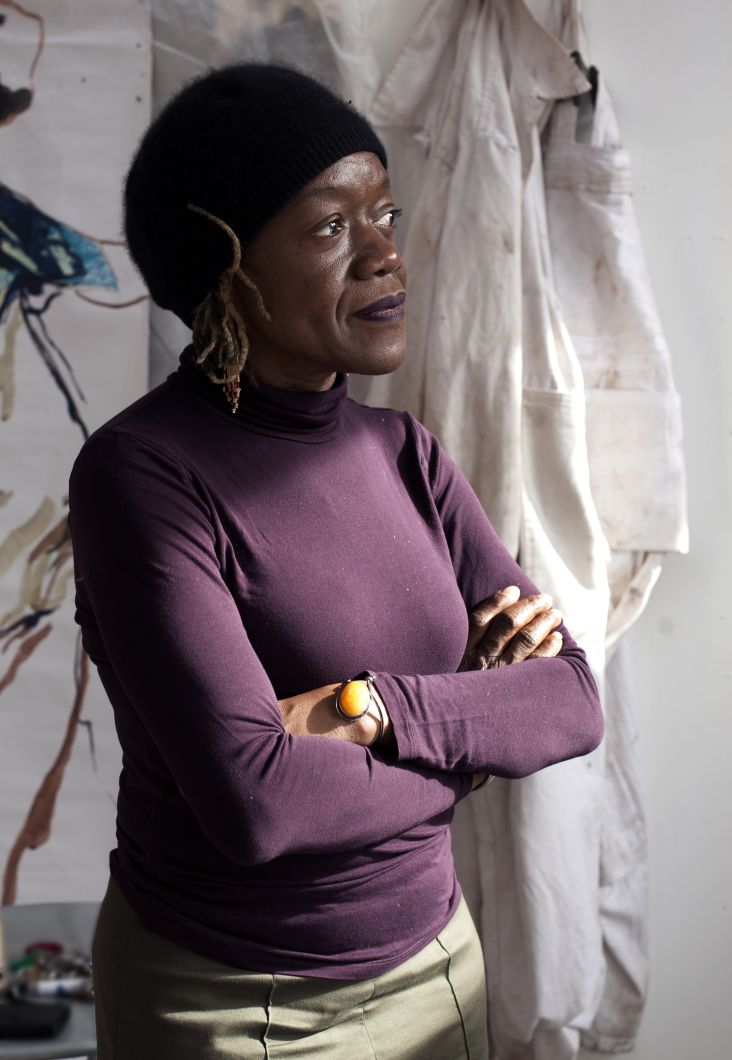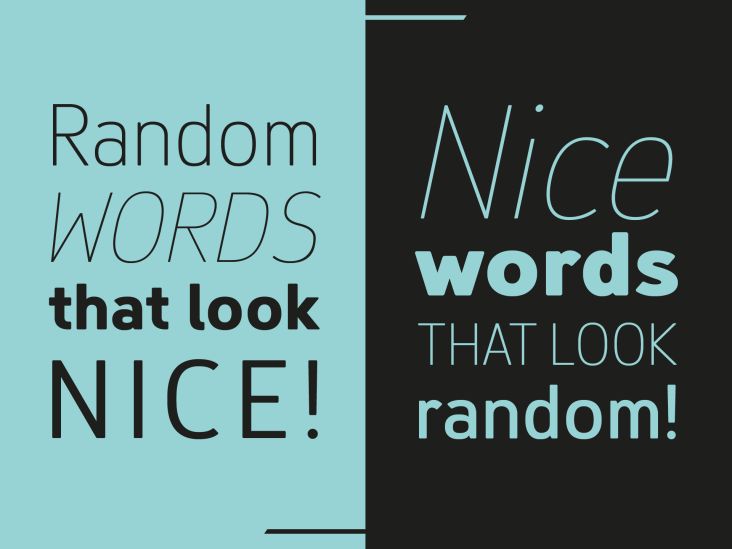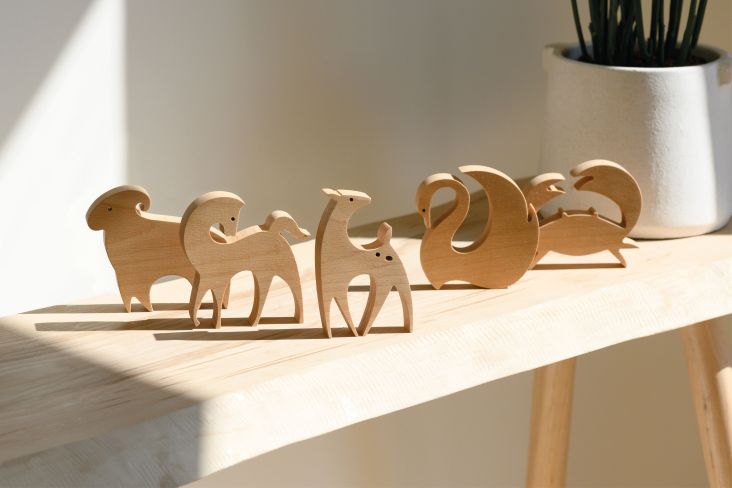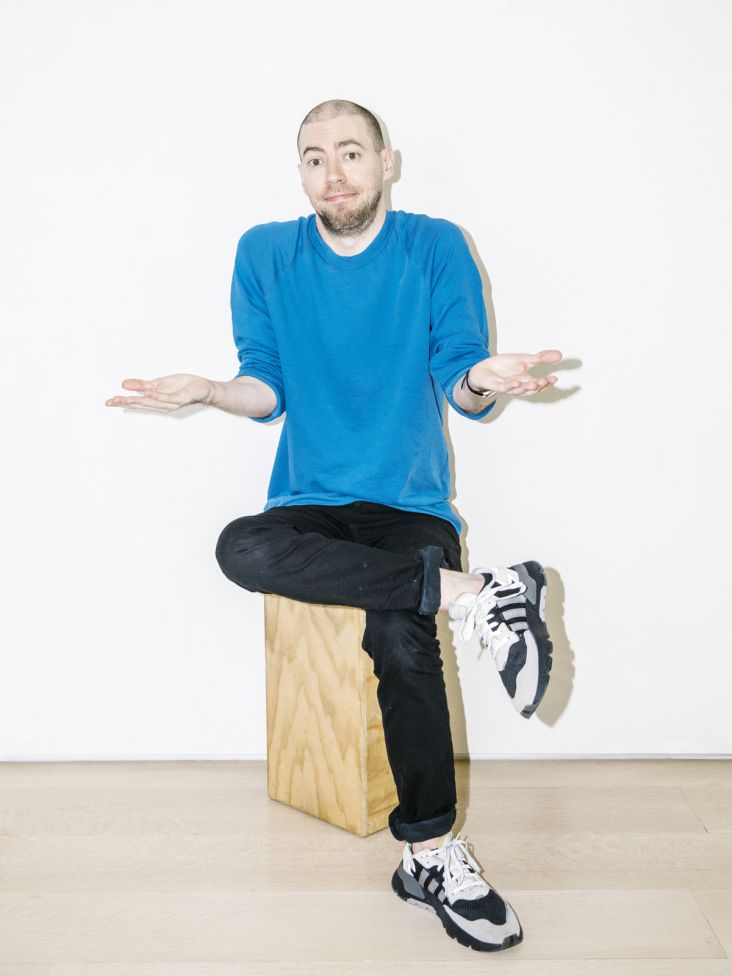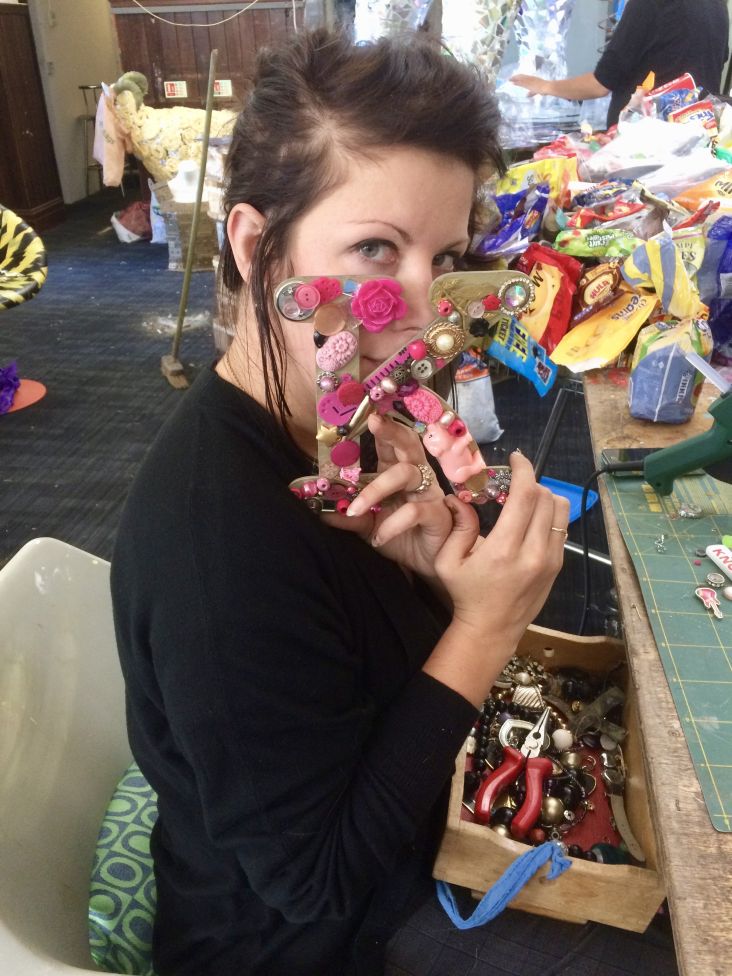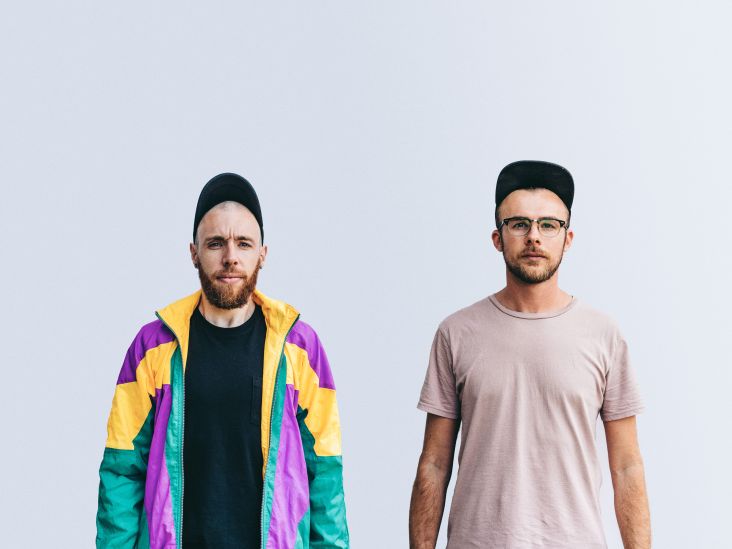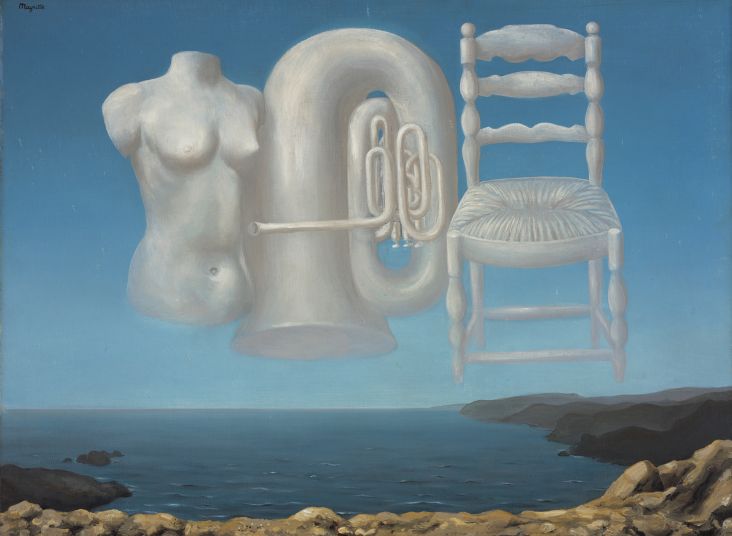Laurence Green of MullenLowe on building an agency, invaluable lessons in advertising and the future of privacy
Laurence Green has had quite the journey on his way to becoming Executive Partner of MullenLowe Group UK, one of the world's largest advertising agencies.
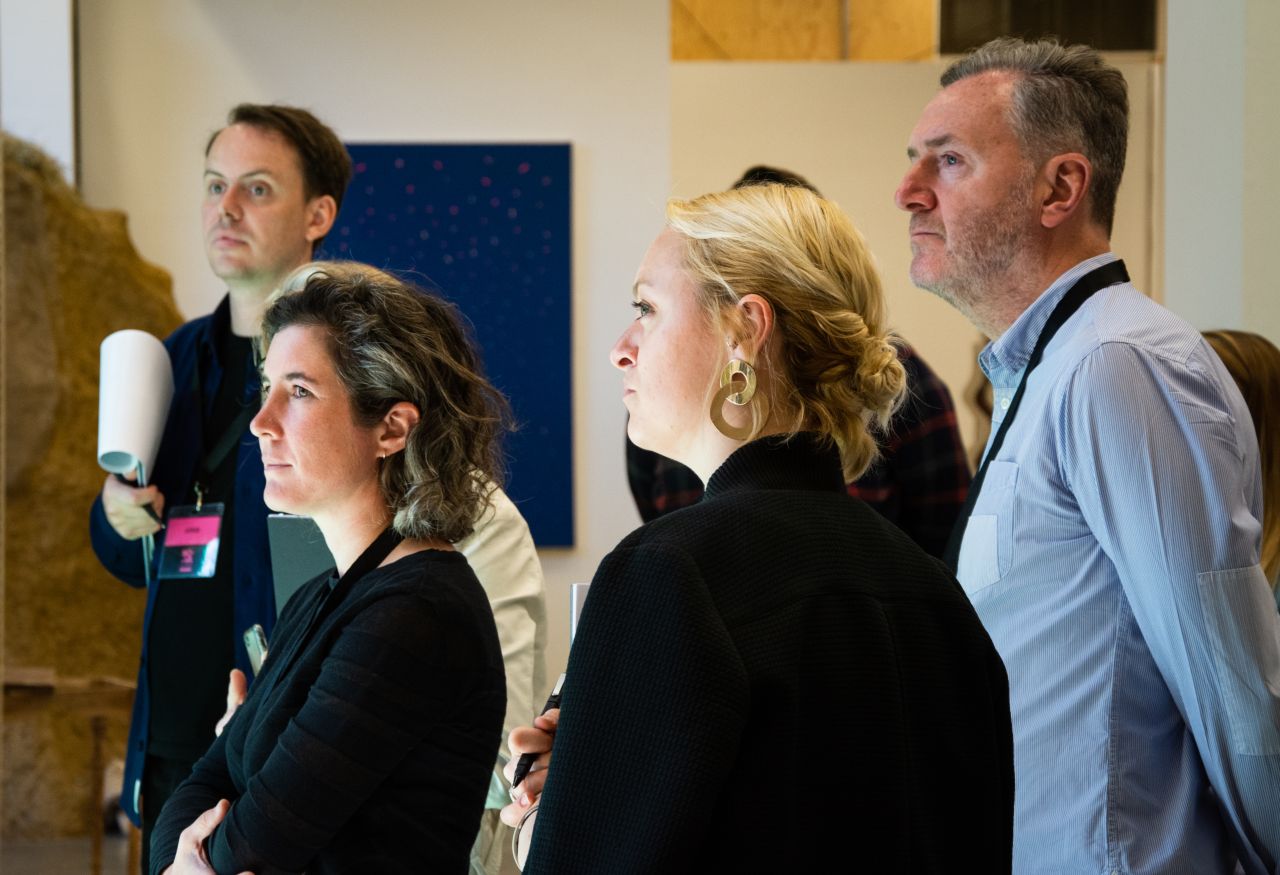
Learning the tools of the trade at Lowe in the '90s, he went on to co-found and chair Fallon London, which was twice named 'Agency of the Year'. He later co-founded 101, which recently became part of MullenLowe London.
As you can imagine, Laurence has worked on some of the world’s most famous brands and campaigns, from Stella Artois to Coca-Cola, Cadbury, Sony, the BBC and Skoda. Remember the gorilla beating the drums for Cadbury to Phil Collins? That was Laurence. Or the Skoda car made out of cake? Another one of his.
Laurence is also a Fellow of the IPA, member of its Effectiveness board and Chairman of the British Independent Film Awards. He was the editor-in-chief of Advertising’s Big Questions, six essays on the fundamentals commissioned by the Advertising Association. He has also chaired the UK’s preeminent creative awards jury and edited two books on marketing best practice.
And now, he also happens to be one of the judges for this year's MullenLowe NOVA Awards. We chatted to Laurence about this, along with his career so far.
You've worked on some of the world's most famous brands and campaigns. Could you talk us through some highlights?
I actually cut my creative teeth at Lowe back in the '90s. I worked on the Stella Artois ‘Reassuringly Expensive’ campaign, a brilliantly contrary idea that led to beautiful creative content. That had such a bearing on my creative upbringing. It taught me to lean into things that might not make much sense to the logical brain.
Fast-forward 10 years or so to Fallon, where we created Sony's infamous 'Balls' ad, Skoda’s ‘Cake Car’ and Cadbury’s ‘Gorilla’ in pretty quick succession.
For Sony ‘Balls’, Juan Cabral (now a brilliant director) simply wrote a one-sentence idea. "We bounce thousands of coloured balls down a hill in San Francisco and film them…Colour like no other". We kept asking him to write it up as a script, which was still the orthodox way of presenting TV recommendations. He stuck to his guns.
Cadbury’s ‘Gorilla’, was a pitch idea and I’ve still got the text on my phone that I sent to the ECD, Richard Flintham, that said, “Not sure a gorilla playing a Phil Collins drum solo wins us the Dairy Milk account.”
Skoda ‘Cake Car’ was very similar. We presented the idea the same week we presented the gorilla and I said to the team, “I will eat my hat if we’ve just persuaded Skoda to relaunch their most important car with a replica made out of cake.”
I’ve somewhat laboured your question, but the lesson from those highlights is that each one had a little bit of doubt or anxiety attached. The hardest working advertising is the hardest stuff to buy. The easy stuff to buy is the stuff that doesn’t make much difference.
As co-founder and chairman of Fallon London and later 101, what insights can you share on growing an agency?
I’m stating the obvious here, but growing an agency is like growing any customer base – you have to win the business and then you have to delight the customer. Winning the business is mainly about teamwork because I don’t think clients are choosing ideas at pitch stage, I think they’re choosing a team of people… a less good idea can be forgiven if your team looks irresistible. Delighting the customer is all about doing work that works for the client and makes them heroes in their workplace.
The good news for the creative community is the work that works hardest is the most creative. Pulling off great work is the secret to turbo-charging the agency. You can grow it by winning and doing good work, but if you do great work, people come to you.
101 was acquired by MullenLowe Group in 2017. Was that an easy decision?
It was. We’d had a really good run as an indie agency. We were about six years old, 50 people strong: a nice business that had a good culture and did good work. But we were increasingly aware that we were ploughing a relatively narrow furrow. We were largely doing brand strategy and advertising work for domestic clients so we were losing out on work that had a remit beyond that or beyond the UK. We couldn’t help with digital transformation, we couldn’t plan and buy media, we didn’t have a purpose consultancy and there was no CRM offering.
We found our way into a network that could pool all of those talents under one roof and give us geographic reach, making the decision a no-brainer.
Moving on... how has marketing changed during your career? What's the next big thing?
I’ve been in the industry long enough to bear witness to the long, slow changes as well as the big, spikey ones.
One of the long, slow changes is that we’ve moved to a diet of advertising which is more global rather than local. That makes perfect sense through a cost lens but can make for very vanilla advertising. A perfect example is car advertising. It’s largely populated by stubbled, thirty-something men and girls driving around with other girls, shot in cities that bear no resemblance to actual cities because they’re all CGI.
That can be a blessing, of course, if you’re working with a client that wants to, or has to, stand out. For Subaru, for example, we found an insight into the family dynamics around getting a new car, enabling us to talk about the car’s details, product features and benefits without feeling like a manufacturer message. It felt very much ‘David vs. Goliath’ and the sort of advertising you have to propose for smaller brands in this increasingly globalised category.
The internet, more obviously, is the asteroid that hit Planet Advertising. It’s given us loads of opportunities to do new and interesting work but has also created an environment where short-term selling takes precedence over the long-term brand building.
As for the next big thing, I don’t know what that is, but I do know that speculating can be quite dangerous. We’re very excitable as an industry and we are drawn to the new like moths to the flame, but the truth is we probably don’t spend enough time understanding the basics of what works and has done so historically.
Do you think social media has reached a plateau?
Not a plateau as such, but I think it’s probably reached a watershed in terms of the way its bigger agents do business. They are, even as we speak, working out what sort of businesses they have to be to survive, and what sort of relationships they have with their users.
There are also still big concerns about privacy. When you talk to people about advertising they’re largely concerned with retargeting, how much the advertiser seems to know about them and how they didn’t know how their data was being used. Even before the internet, there was a saying: “If the product’s free, you’re the product” so it’s quite an old-fashioned problem. That simple truth has been forgotten in our hysteria around new ways of connecting with friends and family and the addictive nature of social media platforms.
Many say that advertising has an image problem. When and how did it lose its way?
I’m going to sound nostalgic, but I think it’s a matter of fact that advertising has an image problem and there are a few reasons why that’s the case. Firstly, because there’s simply more advertising than ever before. It’s become pervasive and I think people are starting to get sick of it on a pure volume basis. There has also been some pernicious malpractice in some corners of digital media: it knows a little too much about consumers and isn’t sympathetic to their privacy or the moment.
There are some slightly more elusive things too. There’s less public-service advertising in the UK than there used to be. When I grew up, there was road safety advertising, fire safety advertising and all sorts of other health awareness initiatives. As a result, it got you thinking: “Well, advertising might sell R White’s lemonade but it’s also making sure people ‘Clunk, Click, Every Trip’.” Advertising wasn’t necessarily a good thing or a bad thing, it was merely a thing you could use to promote good causes or sell stuff.
Sadly, and this is where I sound like an old fart, I think creative quality has diminished over the years too. In a recent and rather marvellous ‘World Cup of Ads’ comparing the top 64 British ads of all time, ‘Guinness Surfer’, which is at least 15 years old, was declared the winner. In truth, a recent ad should’ve won because recency effect is so powerful, but for whatever reason, standards have slipped and though there’s great creativity blossoming in other media there’s not much to beat the kind of short-form films that were shot in the 1970s, '80s and '90s.
What's next for advertising then? How can it survive?
I don’t know what’s next for advertising, but I do know it will morph and it will survive. My hope is that in its next form it is still used to build brands rather than just to flog stuff. Building long-term franchises is more valuable for companies and means more entertaining and less annoying advertising for our audience. Unless we have that, we will clip our own wings and end up with an industry that strays from Britain’s history of creating content that people love, cherish and want in their lives.
It sounds a weird aspiration but at the moment we’re in danger of corrupting that. The advertising ecosystem will survive, I just hope it survives in a way that honours the past and the advertising we’ve done as a nation before now because everyone wins if so.
You're on the judging panel for this year's MullenLowe NOVA Awards. What did you think about the work for 2019?
We’re halfway through and it’s already blown my mind. One of the things you see when you walk into a place like Central Saint Martins and meet the next cohort of artists is how narrow a pitch advertising plays on. When you’re at one of the greatest art schools on the planet, you see human imagination at its boundless best. There is an astonishing array of work, incredible intent and ambition and every now and then something you’d also quite like to own.
Were there any running themes amongst the entries?
I thought there was a lot about identity, whether that’s ethnicity, religious identity, being a woman in 2019 or even being a northerner in London. But I suspect that echoes broader themes in the UK at the moment about who we are and who we want to be, and I think art has a knack of crisply expressing some things that are unsaid in the broader culture.
More worryingly, there was a lot of stuff about isolation and confusion, which again probably speaks to the times. There was the occasional piece that is more joyful or proposes a solution to where we find ourselves as a nation and I really like the optimism of those pieces. These are strange times and art can speak to that but ideally, it doesn’t just echo society but rather confronts us with the truth and proposes some solutions.
Everyone in that show, not just the shortlisted students, are heroes. The government is doing a pretty good job of driving artistic intent and talent out of our education system but to see it flourishing and to see people flourishing because they’re able to express themselves in whatever form they choose is amazing. It’s important to cherish and support young creative talent which is why MullenLowe Group sponsors the degree shows and presents the MullenLowe NOVA Awards in the first place.
Based on your experience, how do you feel about the next generation of creative talent?
You can’t help leaving the show without feeling optimistic for the people involved because they are talented, ambitious and engaged in the world in a way that some people aren’t.
There’s a question over whether advertising can attract those people, but I think we’re entering a period where the world’s problems and the world’s jobs will require more and more creativity and empathy. Artists will have the last laugh because they have those skills in abundance.
What advice can you give to those starting out in the industry?
Three things: stay curious, speak up and honour the past.
Stay curious about the industry and the wider world. Advertising is at its best when it feeds from and is informed by popular culture or an insight into our audiences’ lives.
Speak up if you think something could be done better. That could be something to do with your workplace rather than just its outputs, but I think there is more licence than ever for the newest cohort to shape our industry. Help form it rather than wait for managers and leaders to do that for you.
Finally, honour advertising’s past even as you try to create its future. There is so much good practice behind us that you shouldn’t ignore or feel limited by but should make time to learn about. Jumping off into the unknown from a pretty secure base is the trick.
The MullenLowe NOVA Awards will be judged by a panel of experts across art, design and advertising. Shortlisted work can be viewed at the highly anticipated Central Saint Martins degree shows and the winners will be announced at a ceremony in July.

















